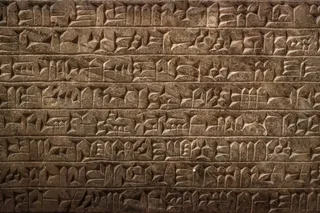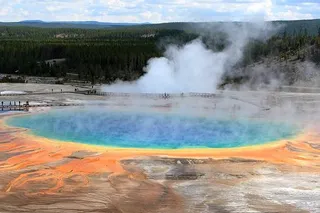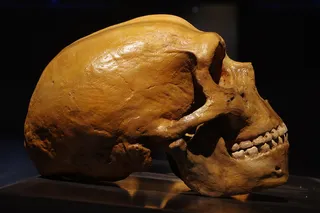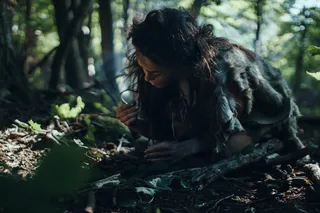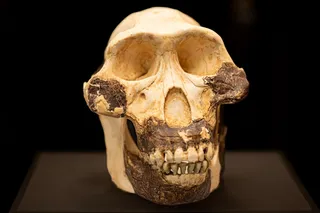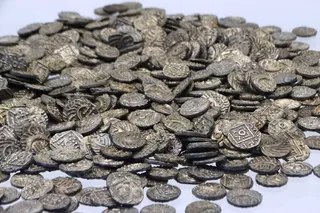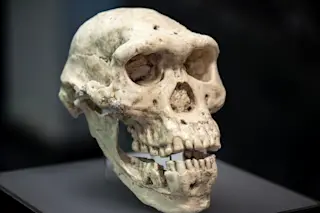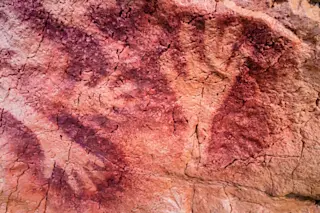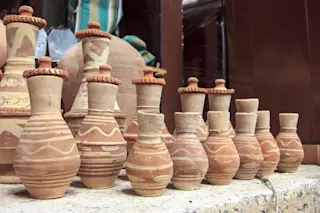We tend to view preservation in terms of visual and tactile material. George Washington’s childhood home, the Taj Mahal, Stonehenge — what we can see and touch, we can save. But the building blocks of culture extend to other realms of sense, and without them, our reconstruction of any place or time is limited. Perhaps the most neglected sense is smell.
For the few advocates of olfactory history, this oversight is glaring. “When we think about what aspects of culture we consider legacy, we think in very material terms,” says Cecilia Bembibre, a researcher with University College London’s Institute for Sustainable Heritage. “We don’t think about leaving a smell for future generations.” Even in the context of immaterial culture, it's often forgotten. In 2003 UNESCO established guidelines for “the safeguarding of the intangible cultural heritage.” The guidelines encompass performing arts, oral traditions and festivals, but make no mention of smell.
...




